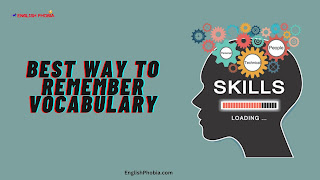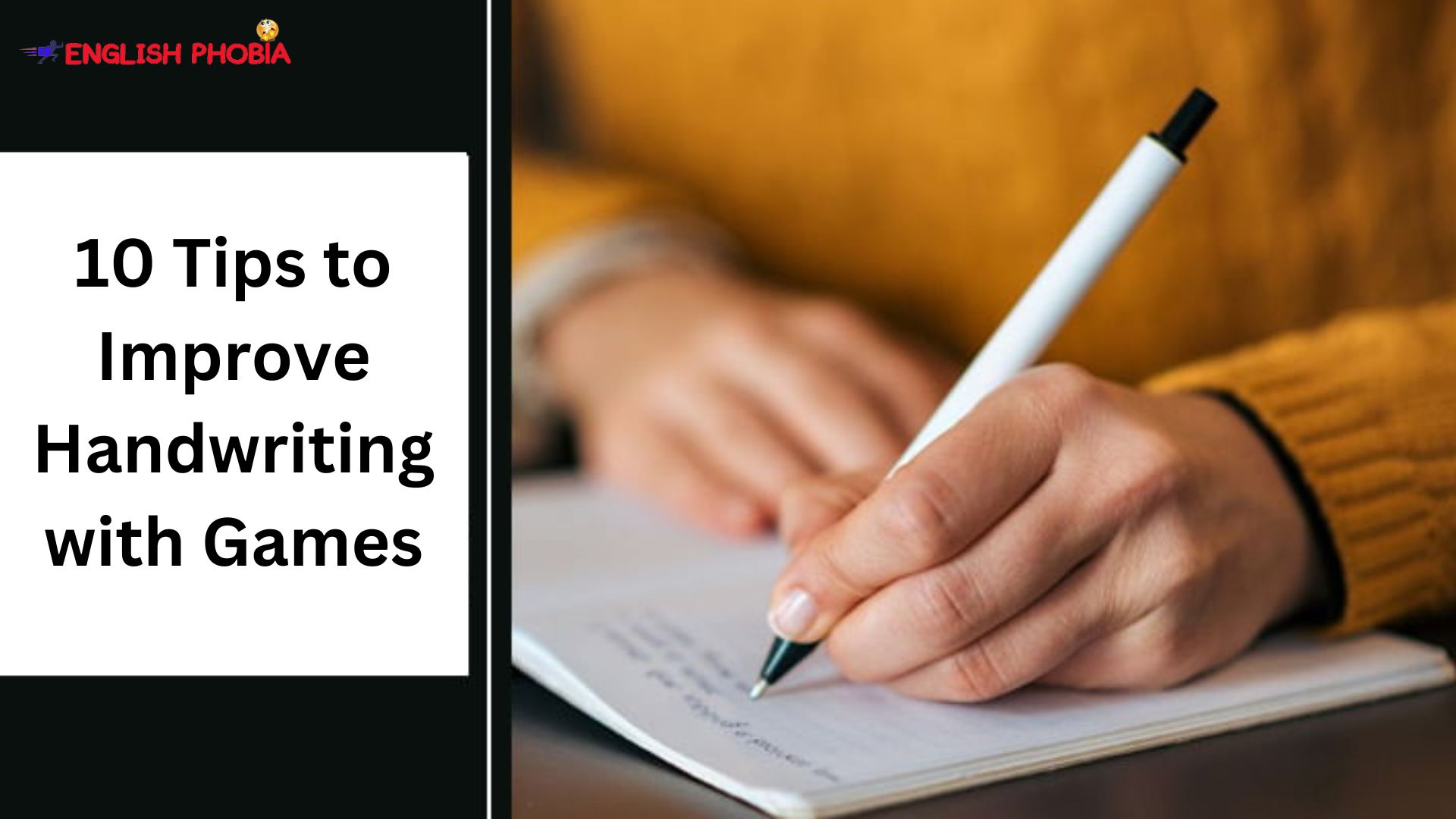Are you tired of forgetting new words moments after studying them? Do you struggle to recall vocabulary when speaking or writing in a foreign language? Fear not! We will explore the best ways to remember vocabulary and improve your language skills. From flashcards to immersive experiences, we’ve got you covered with practical tips and tricks that will make memorizing new words a breeze. So, let’s dive in and discover the secrets behind mastering a new language!
Words are powerful tools that can enkindle a spark and convey feelings and tell stories. However, remembering them can be quite a challenge for most of us. If you’re tired of tedious memorization drills or confusing flashcards, then we’ve got some good news We’ll explore the best way to remember vocabulary – with fun and effective techniques that will make learning a joyous experience.
Importance of Vocabulary in the English Language
Vocabulary is important because it allows us to communicate effectively and create meaningful sentences. It is also essential for studying and learning new subjects, as understanding the terminology used in a particular field helps us to better understand the material. In addition, having a well-stocked vocabulary can make writing essays and other written work easier and more enjoyable.
Read more: Reading Comprehension for SSC CGL
The English language is evolving, and new words are being added every time. The importance of vocabulary in the English language cannot be overemphasized. A well-educated person is able to communicate more effectively and easily because they are well-equipped with the right words. In addition, a well-educated person is able to read and write more fluently because they are better able to understand complex texts.
The basics of remembering vocabulary
There are three main things to keep in mind when trying to remember new vocabulary:
1) Using context clues,
2) Finding a personal connection to the word, and 3) practicing regularly.
Context clues are words or phrases in the text that clue you into the meaning of an unknown word. For example, if you come across the word “eschew” in a sentence, you can use the context around it (“He wanted to eschew violence at all costs.”) to figure out that it probably means “avoid.”
Finding a personal connection to a word can also help you remember it better. Maybe there’s a certain word that reminds you of a family member or friend, or maybe there’s a word that you always mix up with another word (like “effect” and “affect”). Whatever the case may be, making that connection will help embed the word in your memory.
Finally, practice makes perfect! A great way to memorize new vocabulary is by using flashcards or taking practice quizzes online. How memorize English vocabulary will not be a big task after knowing the basics of remembering. If you prefer learning in a more hands-on way, try coming up with your own sentences using the new words—you can even draw pictures to go along with them. The more you use and see the words, the more likely you are to remember them down the road.
The best methods for remembering vocabulary
1. Repetition is key – The more you repeat a word, the more likely you are to remember it. Try repeating the word out loud, writing it down, or using it in conversation as often as possible.
2. Create associations– Associate new vocabulary words with things that you already know. For example, if you’re trying to remember the word “abandonado” (abandoned), you could picture a deserted island.
3. Use mnemonic devices – Mnemonic devices can help you remember vocabulary by linking the new words to something more familiar. For example, the phrase “30 days hath September” can help you remember the order of months with 31 days (September, April, June, and November).
4. Practice with flashcards – Flashcards are a classic study tool for a reason – they work! Make your own flashcards or use an online app like Quizlet to practice vocabulary words until you have them memorized.
5. Take a break – Sometimes the best way to Remember new vocabulary is to take some time away from studying altogether! Relax and let your brain process all of the new information it’s learned – you may be surprised at how much you remember when you come back to it later on.
Read more: Types of prepositions
Therefore, it is clear that the best way to remember vocabulary and improve your language skills is by creating associations between words will be a great solution to how to remember vocabulary too. This method can help you form a strong link with the word and its meaning, making them easier to recall in both spoken and written contexts. Additionally, reading extensively about different topics can also help you learn new words quickly. In short, this strategy of forming connections between words is an effective way to retain vocabulary in your long-term memory.











